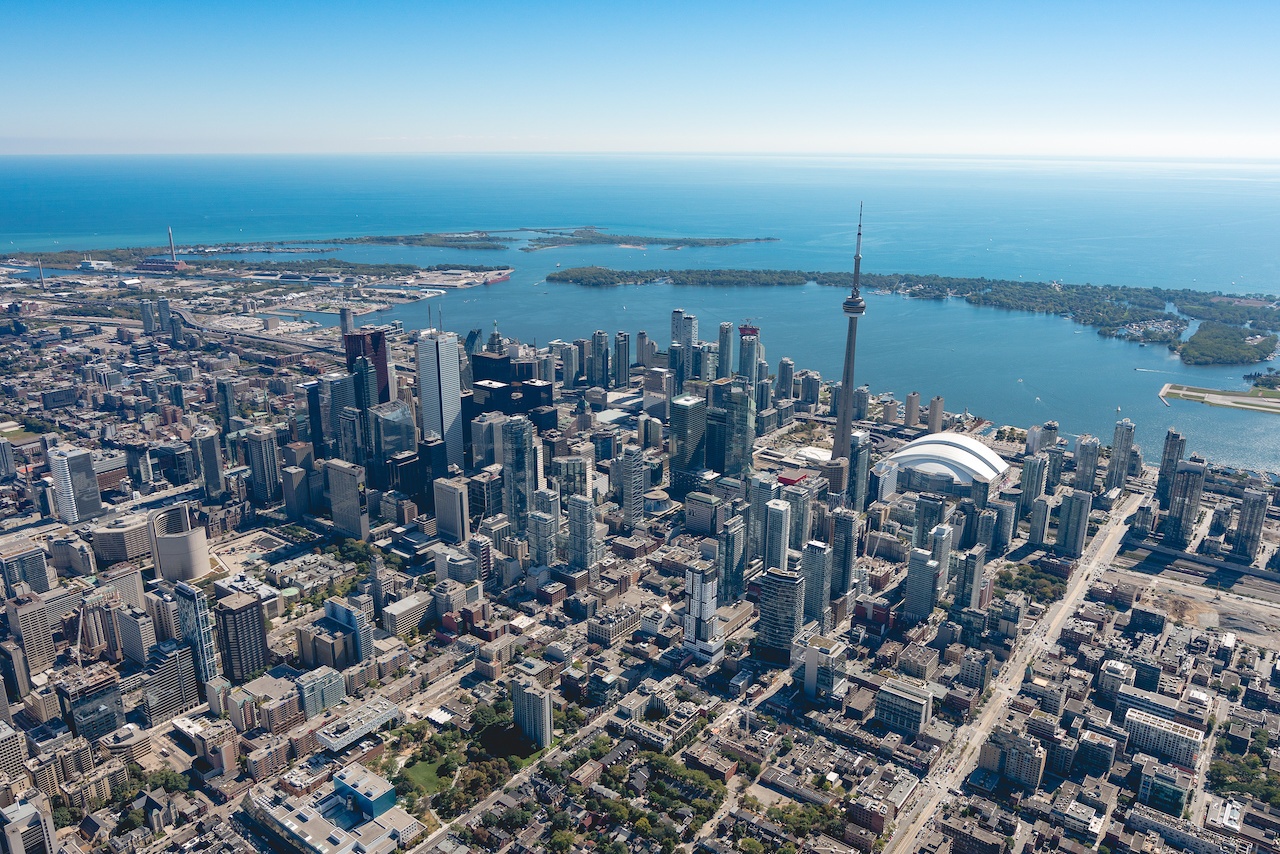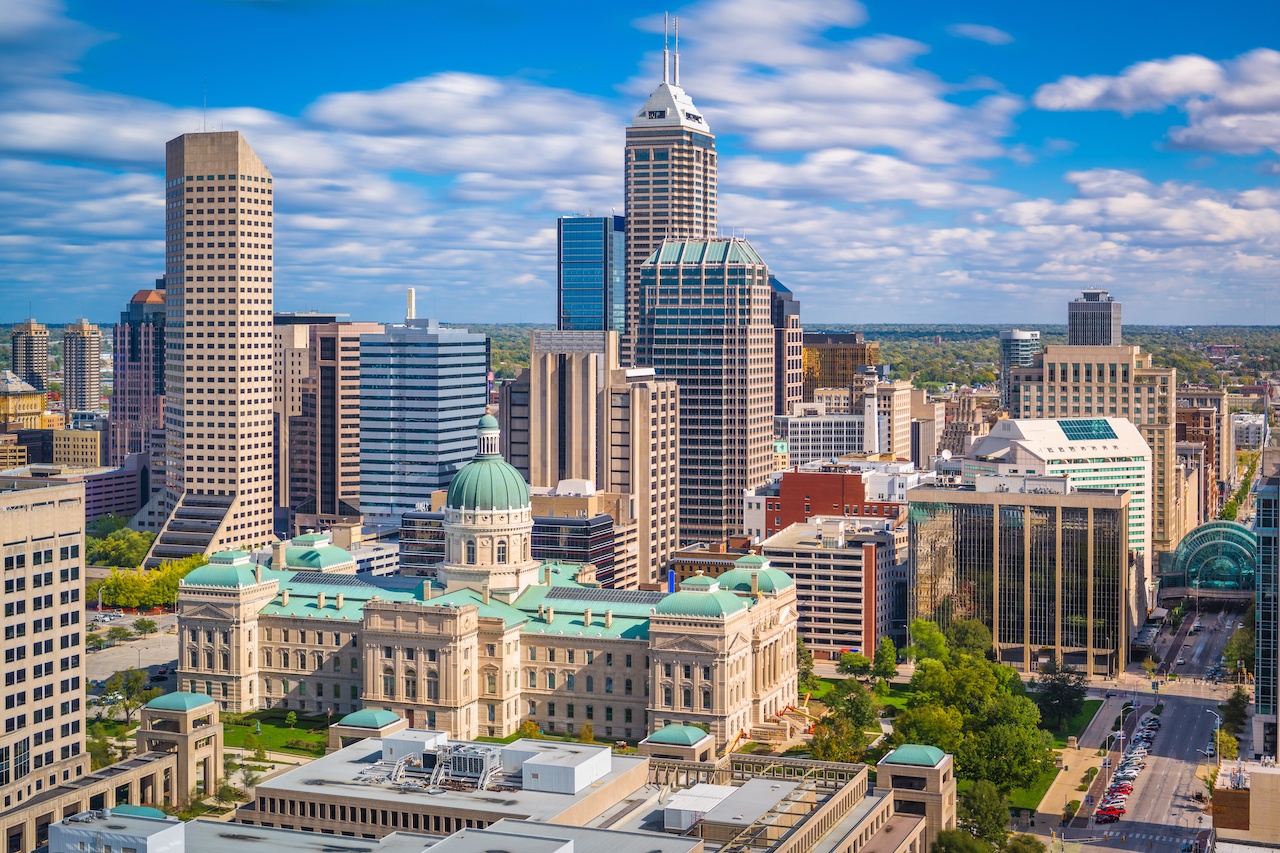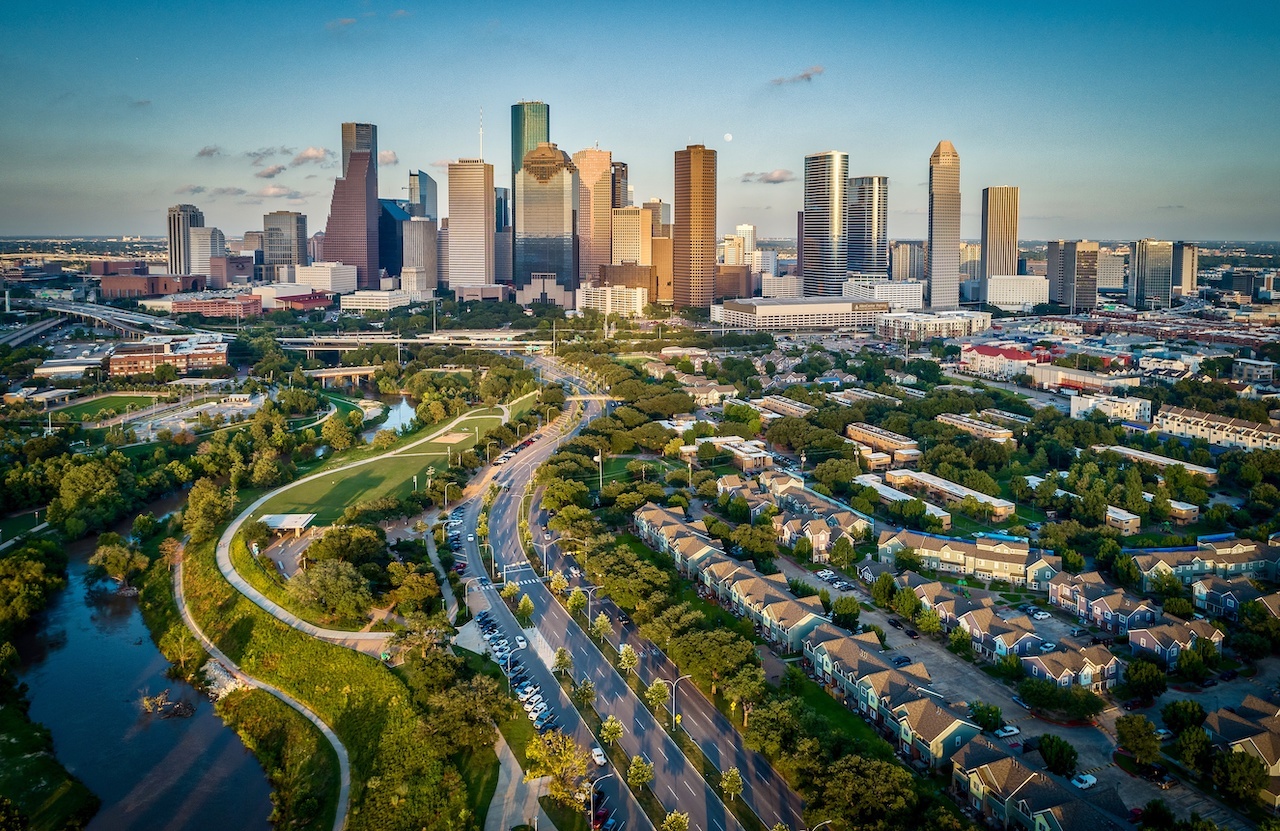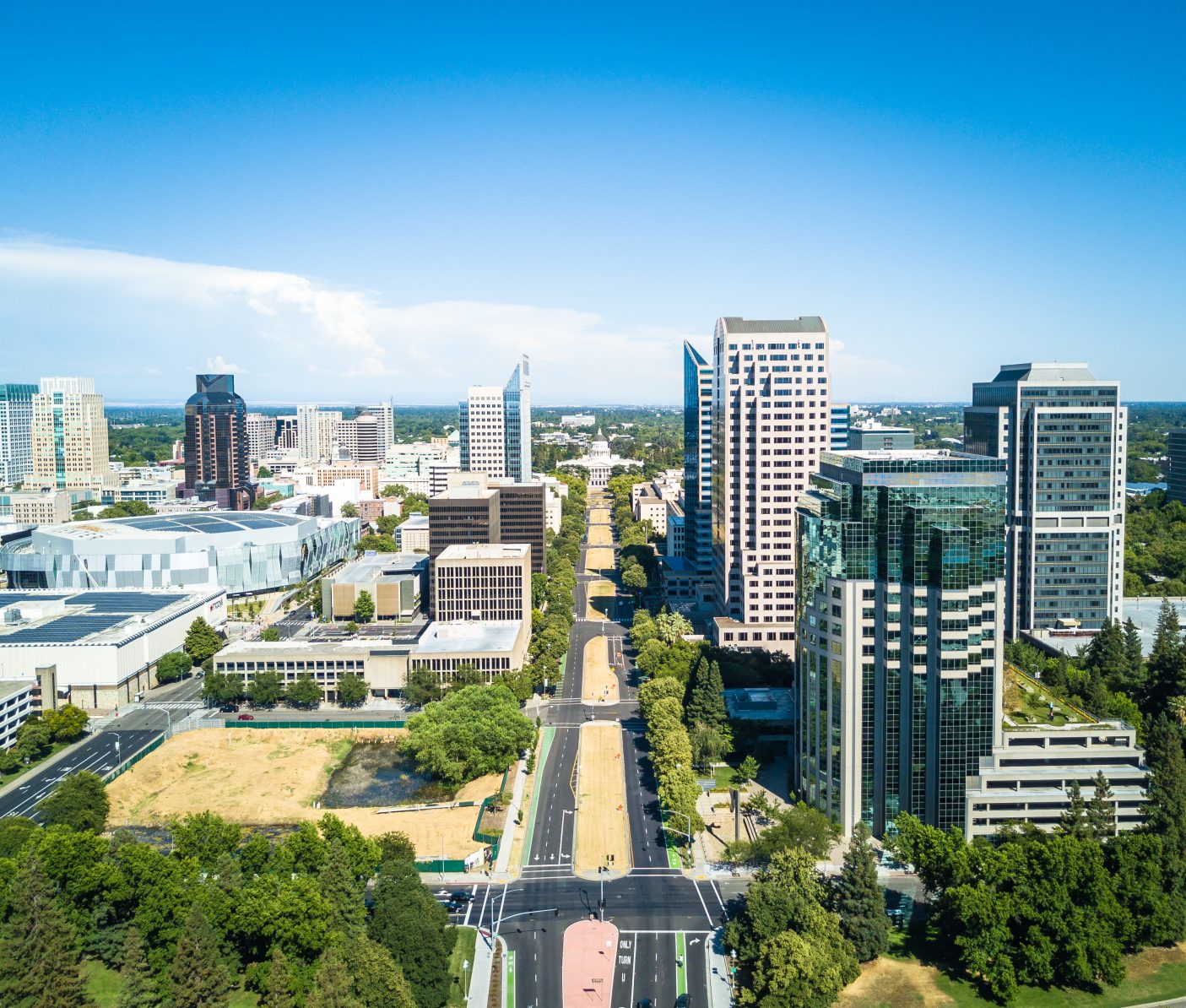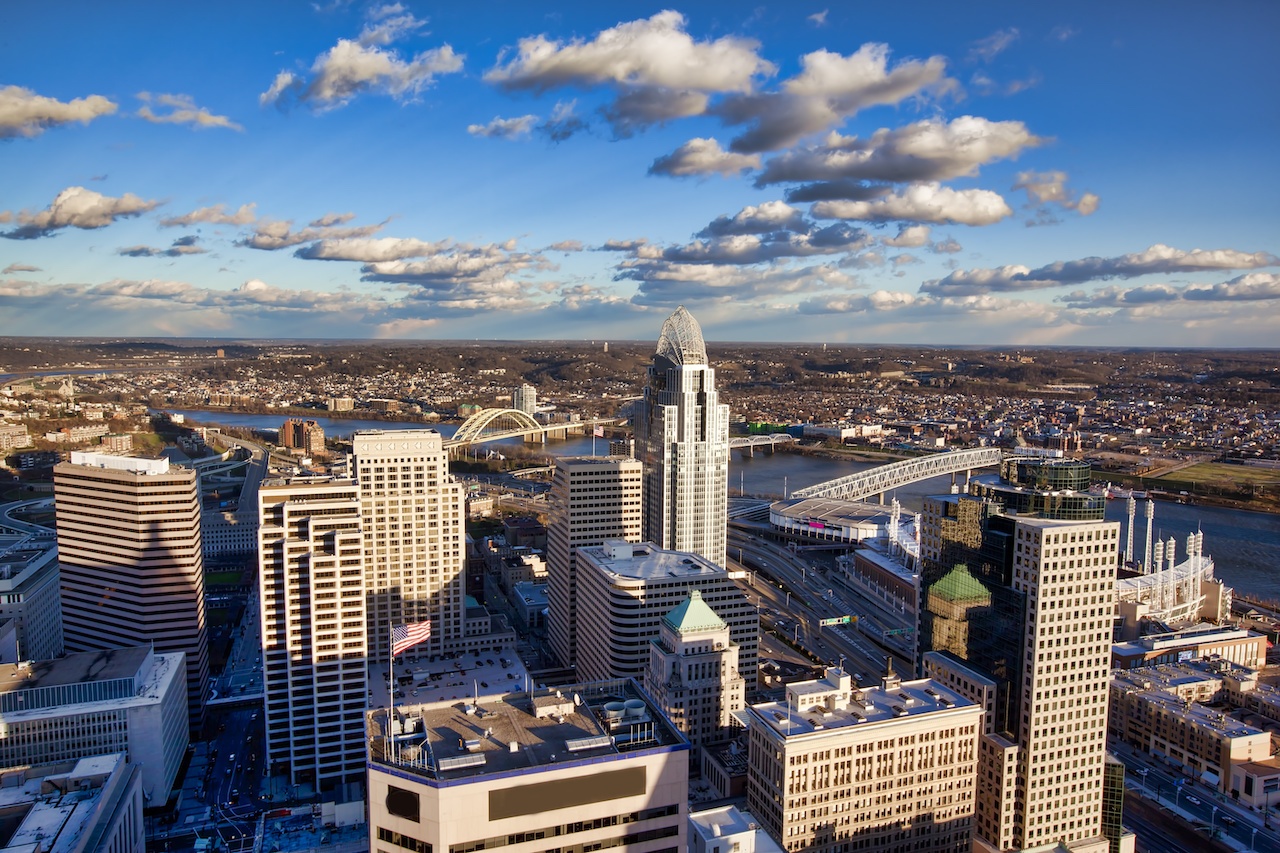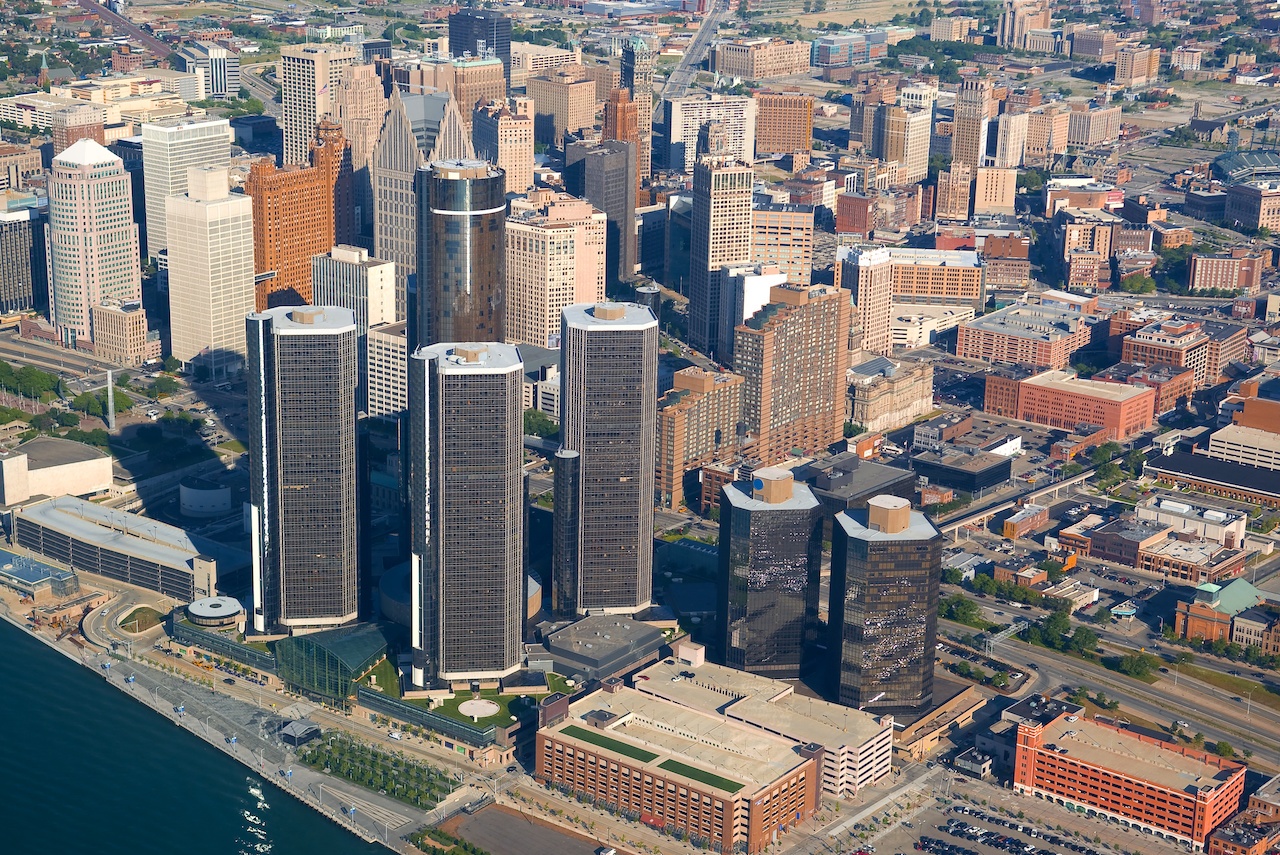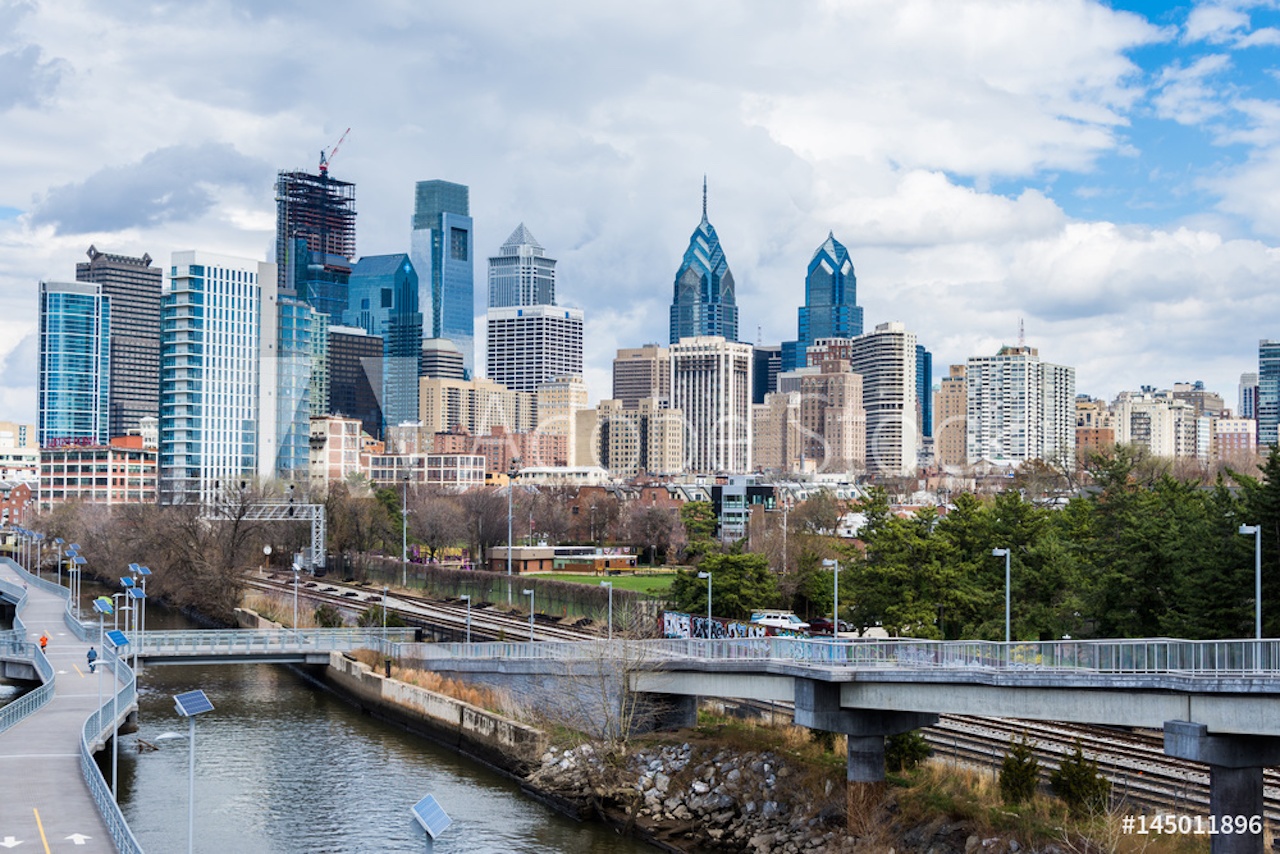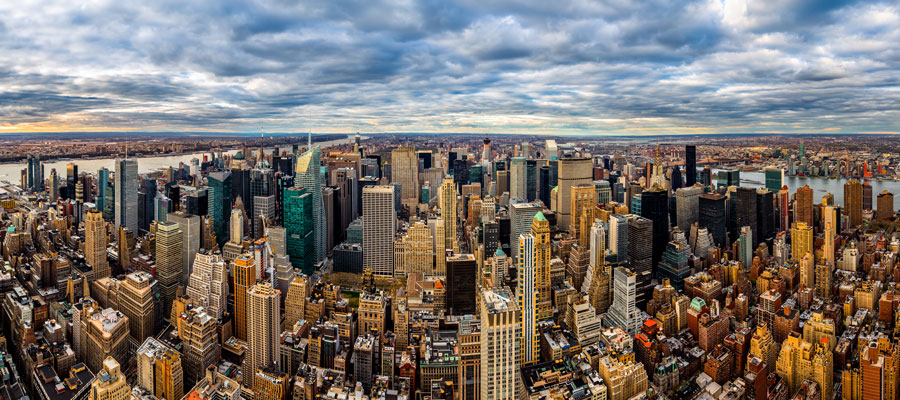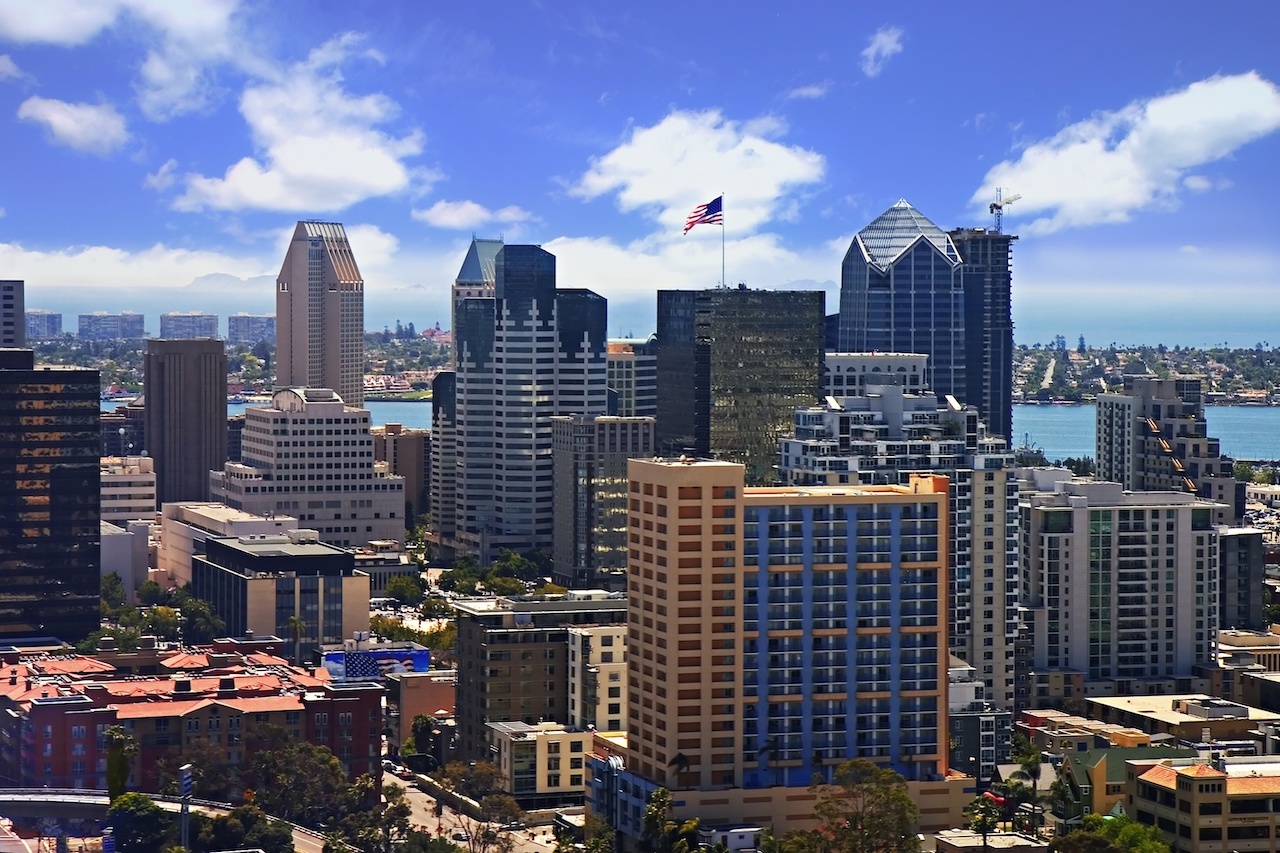Society
A broad category of content focused on societal issues in cities.
Examples: health, community, social equity, education, arts & culture, and homelessness.
Legal Liability Could Catalyze Action on Climate Change
Litigation has long been recognized as a tool for compelling change in individual behaviors and industry standards, often serving as a stopgap where existing government regulations are inadequate. For example, litigation against tobacco companies helped raise awareness about the health impacts from smoking and played a part in spurring stricter regulations on cigarette manufacturing and marketing.
In the climate change context, we’re seeing an evolution of different legal strategies being employed to affect changed behavior and standards.
The Green Soul of the Concrete Jungle
We believe the scientific evidence suggests that interaction with nature is essential to achieving UN-Habitat and its New Urban Agenda, and policymakers should explicitly say as much. If we do not build some nature into our cities, we risk creating an inhumane, grey world for ourselves. Without nature, the urban century will fail.
Making Cities Work for Every Body
When we first approached business owners about their interest in getting a ramp we were offering the them for a fee to cover some of our costs. But even at $50 most people weren’t interested. Some business owners told us that they don’t need a ramp because they don’t have any customers that use wheelchairs! Ha! So we had to figure out a different approach. We pulled together some volunteers, got some donated building materials, and went back with an offer of a free ramp.
How Cities Can Ruin Relationships in Five Steps
Working with a coalition of more than 260 cities to help them engage residents to solve problems, we’ve learned a few things about what makes these relationships work and what can wreck them. When they work, long-term relationships between city leaders and citizens are the foundation for the collaboration that creates strong, vibrant cities.
Developing Resilient Communities within Cities
Progress needs to be made in the evaluation of approaches to developing resilient communities. The evidence base for the effectiveness of these approaches is currently lagging behind practice. Funding for evaluation is generally too short-term to offer scope for capturing the developmental nature of community resilience related activity and evaluations on wider outcomes are lacking.
The Smart City is Enabled and Sustained by Trust
For city residents and businesses, trust is closely aligned with outcomes. When a city creates services that consistently provide the outcomes residents and others expect and rely on, at a fair cost, then a sense of trust is earned and reinforced. Residents expect that the bus service gets them to work and back home safely and on time everyday. When that occurs consistently, they will trust and rely on the bus as their main commute choice.
Elevating a Community through Educational Attainment and Economic Development
For too long, that was the story of the Oak Park neighborhood near downtown Sacramento, California. Through a concerted effort by a local non-profit in the community for the last 30 years, we are seeing real change and an upward trajectory. The Oak Park story provides lessons and hope for similarly situated communities across the country.
Lessons Learned from Age-Friendly Columbus and Franklin County
In Columbus, Ohio, we dedicated ourselves to planning with, not for, our older adults. For us, that meant committees made up of content experts (professionals working in transit, housing, development, aging, and elected officials) and experience experts (older adults and individuals with disabilities) totaling over 125 volunteers that lead our work. Our initiative started at the Mid-Ohio Regional Planning Commission, outside of the typical “aging world” in order to challenge cross-sector leaders to work with an “age-in-everything lens.” In 2016, we completed our assessment through a city-wide random sample survey, focus groups held in six languages, and tabling at various events. In total, we heard from nearly 1,200 older adults over the course of six months.
Why Inclusive Design Matters
Whether we realize it or not, the design process decides who benefits, who participates, and who counts. When that process is intended to be inclusive of everyone in society, we get places that welcome all, products that work for everyone, and services and systems that benefit each of us.
Certified Sustainability Zones and Why We Need Them
In order to encourage municipalities and other political domains to reform the prevailing ways in which they assess their own performance, we created the Certified Sustainability Zone (CSZ) program. As explained on our website, a CSZ is a town, city or other political domain that has been formally recognized for its commitment to sustainability and its inhabitants’ use of cutting-edge, triple-bottom-line accounting tools – context-based tools, in particular.
Smart Cities Predictions for 2019
While 2018 was filled with a number of successful smart city deployments, it also revealed significant challenges that will only intensify in years to come. The most pressing challenge to be addressed throughout 2019 is earning the public’s trust in smart city projects. Towards the end of 2018, we saw major data privacy concerns emerge from citizens. From these concerns a heated, but healthy discourse between citizens, local governments, and private sector companies rose to mainstream media prominence. Citizens’ expectations of privacy have begun to challenge the murky data privacy policies described by many in the private sector. 2019 will be the year of the smart city for the citizen.
3 Lessons from Chula Vista to Help Clarify A Smart City Vision
Collaboration extends beyond City Hall. Unlike a city like New York, where most government functions are under the purview of the municipal government, a city the size of Chula Vista (population 268,000) or smaller has to collaborate with regional partners, such as school districts, hospital districts, water districts, the port district, and neighboring cities. By keeping dialogue open and working together on major projects we’ve opened up new opportunities for economic development, smart cities pilot initiatives and education.



